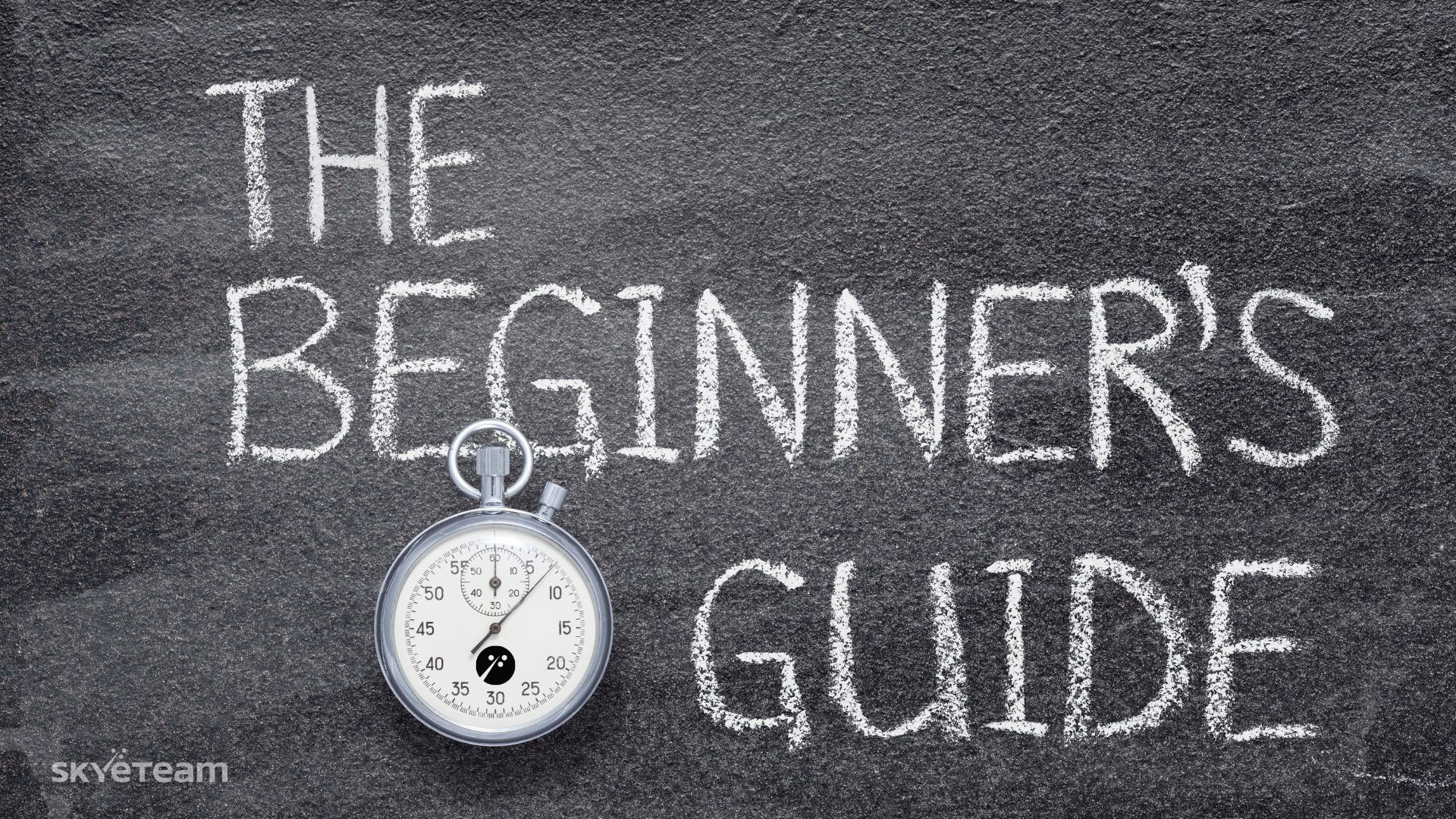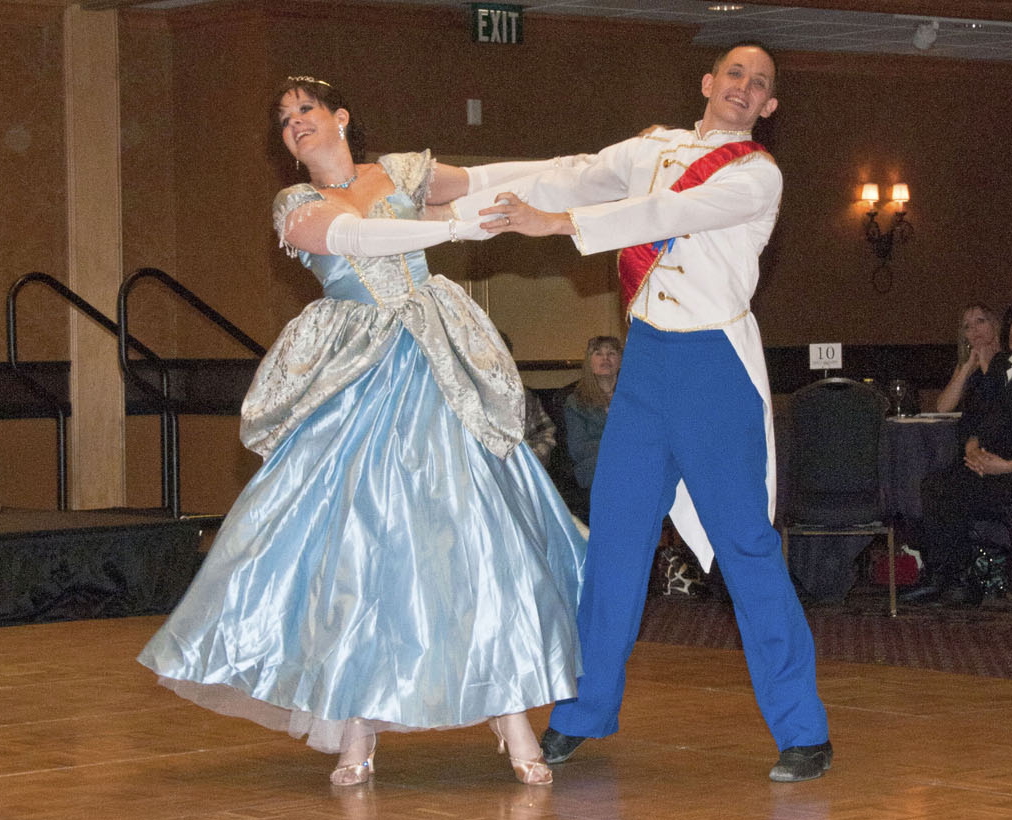Lifelong Learning: How to Overcome Reluctance and Embrace Growth

Are you a reluctant learner? I certainly am. Lifelong learning can feel overwhelming, whether it’s resisting new skills at work or avoiding uncomfortable challenges, but we’ve all been there. My desk serves as a sanctuary of good intentions, bearing witness to my curiosity. It’s caught in a perpetual standoff between an ever-growing pile of unread books and the expanding digital collection on my Kindle. Let’s not even start on the audiobooks waiting for their turn – in fact let’s not start is my problem! It seems like I am still suffering from a severe case of Tsundoku!
Turns out, I’m not alone in this. Just last month, I had the pleasure of graduating twenty leaders from the Leadership Academy I had designed and facilitated for their organization. Amidst the celebration and reflections on how the program had helped them grow as leaders there were a few sheepish confessions that hit home. A few of the participants shared that initially they were skeptical and reluctant to join the program. They initially thought, “I don’t have time for this” or “I’ve been doing this for years, what more is there to learn?” All admitted to being glad they attended. Many leaders resist professional development, but embracing lifelong learning is crucial for continued growth.
This theme continued during a recent keynote, I challenged participants to turn to someone behind them and draw a quick sketch. The immediate uproar was as if I’d asked them to draft their own mugshots for a wanted poster. ‘Ugh, I can’t draw,’ they protested, or ‘It won’t be any good.’ I wasn’t scouting for the Tate Gallery; I just wanted them to try. Yet, the fear of judgment, of looking foolish, or simply of holding a pencil was palpable.
It seems reluctance is part of the learning process for many of us.
My reluctance showed its face several times this year, in moments both mundane and structured. One vivid example occurred at my local gym. The trainer cheerfully announced, “Today is an endurance tread day,” my inner five-year-old couldn’t help but express our shared disdain. Before I knew it, I blew a loud raspberry and groaned! As context, I hate the treadmill, why? well I am not a strong runner. In other words, I have not yet learned to be a strong runner.
Another moment of reluctance unfolded during a program I had willingly signed up for to enhance my team coaching skills. The program was rich with role-plays, which often felt contrived. Everyone was playing a part, and after some time, I began to question the effectiveness of reacting to a made-up scenario with another made-up response. My frustration grew, and my learning stalled. However, a realization struck me: isn’t life essentially a series of unscripted role-plays? There’s no predetermined script for us to follow. What we can do is dive in, start the conversation, launch the project, and improvise along the way. This understanding helped me appreciate that conscious learning enriches those improvised steps, making them better informed and more meaningful. Whether it’s pushing through a treadmill workout or uncomfortable role-plays, these moments remind us that lifelong learning often feels awkward but is essential.
Even casual settings can spotlight our reluctance to learn and adapt. Take my brother and me, for instance. We were tackling the NYT Spelling Bee together. Halfway through, he expressed his frustration, noting how different it was from the games he was used to back in the UK, where each letter could be used only once. The NYT game’s flexibility, allowing letters to be reused, along with the nuances of American vs. English spellings and slang, threw him off. In the UK versions, he was an expert; in the NYT, he felt demoted to an intermediate at best. This situation perfectly illustrates another angle of reluctant learning when faced with new and changing rules.
It’s these moments that show us lifelong learning is everywhere, and yeah, sometimes it makes us want to groan out loud!
How We Learn – Embracing the Four Stages of Competence
As adults, it seems that we hate being the newbies, not knowing how to do something. Here’s a contrast to the ‘draw a sketch’ example I shared earlier; Ask a room of kindergartners (5 year olds) to draw a picture and they are all in, without hesitation. Their only question is likely to be do you want the picture in paint, crayon, or pen.
There is much to learn from them, as adults we need to embrace the awkwardness of not yet knowing or being able to do something. Lifelong learning requires it. We need to thrive in the awkward toddling, knee grazing experiences that ultimately teach us how to grow. Whether it’s a new software, a foreign language, or even a different way to play a spelling game, learning happens in four distinctive stages:
1. Unconscious Incompetence: You don’t know what you don’t know. Here, the skill or knowledge gap is invisible to you, and you might even question the utility of the new skill. The phrase ‘ignorance is bliss’ comes to mind! That is until we move to;
2. Conscious Incompetence: Now that you’re aware of what you don’t know, the real challenge begins. At this stage, the ego often comes into play, presenting us with a crossroads. We can bury our heads in the sand, returning to blissful ignorance (or denial). We might choose to wallow in frustration and play the blame game—pointing fingers at others or the system (and yes, occasionally blowing raspberries at the gym). Alternatively, we might consider jumping ship to another team or organization where we can maintain the status quo. But there’s also the choice to rise to the occasion and fully engage with the lifelong learning process. This stage, replete with its trials and errors, is a crucial part of our growth.

3. Conscious Competence: At this stage, you’ve gained the necessary skill or knowledge, yet mastering its execution demands ongoing concentration and deliberate practice. I recall this feeling while learning to ballroom dance. At times, I felt as if I had three left feet, a clear case of conscious incompetence. Yet, at other moments, I soared, I pirouetted, it was effortless! Yet it still took many lessons and practice to be able to follow, dance, and hold a conversation with my dance partner all at the same time! Although it’s tempting to view conscious competence as a straightforward path of continuous improvement, in practice, it resembles a dance—frequently taking two steps forward and one step back as we refine and adapt our skills.
4. Unconscious Competence: At this stage, the skill becomes second nature, and you can multitask effortlessly. The actions flow as naturally as breathing, and you might even find yourself teaching others, depending on how deeply ingrained the skill is. Imagine driving a car, changing the radio station, holding a conversation, and merging onto the highway all at once, without a second thought. However, this is also the stage where complacency can lead to the development of bad habits. Think about the last time someone honked at you, or you had a heart-stopping near miss. These moments serve as reminders to stay alert. Mastery doesn’t mean letting our guard down—staying in our lane requires continuous awareness, even when our skills feel automatic.
The truth is, no amount of wishing can teleport us from stage one to stage four. Moving through these stages is a key part of mastering any new skill and fully embracing lifelong learning. As Malcolm Gladwell famously stated, achieving mastery requires 10,000 hours of practice. The best time to begin? Right now. Progress is made one step, one hour at a time.
Overcoming Reluctance – Strategies to Embrace Lifelong Learning
How do we move from reluctance to enthusiasm in learning? The secret lies in recognizing each stage of competence and strategically advancing through them. Here are practical tips to foster a love for learning, even when it feels like a chore:
- Look Up: Acknowledge why you might be resisting. Is it a fear of the unknown, or maybe a misunderstanding about the time commitment? Set small, manageable goals to make your lifelong learning process feel more approachable.
- Show Up: Make connections between new skills and your daily tasks or broader career goals. When learning feels relevant, it becomes more engaging. And don’t underestimate the power of learning with others—whether it’s in online forums, social media groups, or traditional classrooms.
- Step Up: Regularly challenge yourself by setting increasingly complex goals. This prevents complacency and ensures continuous improvement. And if you really want to master something, teach it—becoming a mentor not only reinforces your knowledge but also boosts your confidence.
Whether you’re a seasoned executive or a novice in a new field, learning never stops. It’s about embracing each stage, recognizing when you’re a reluctant learner, and transforming reluctance into curiosity and competence.
Are you ready to overcome your reluctance and make lifelong learning a central part of your personal and professional growth? Remember, every expert was once a reluctant learner, just like you and me.

Let's Connect





